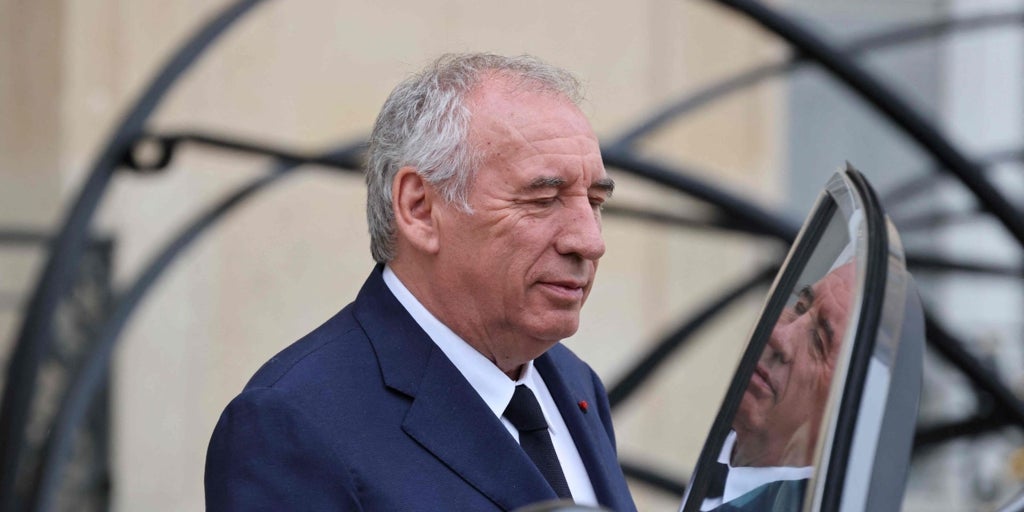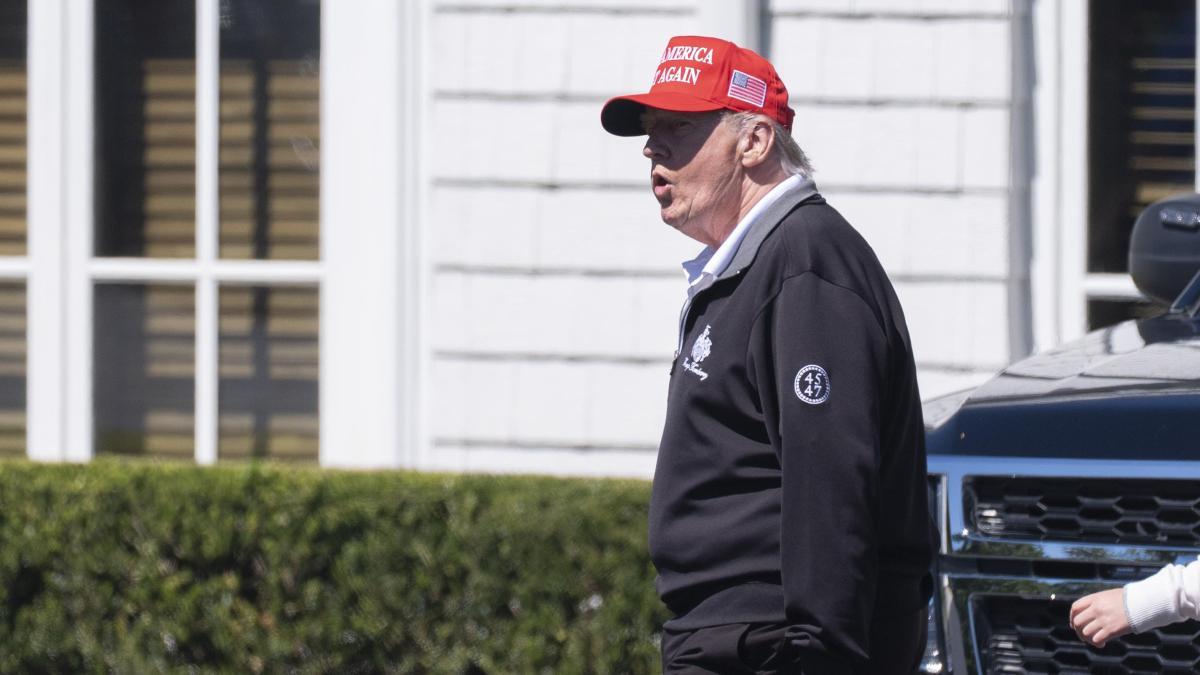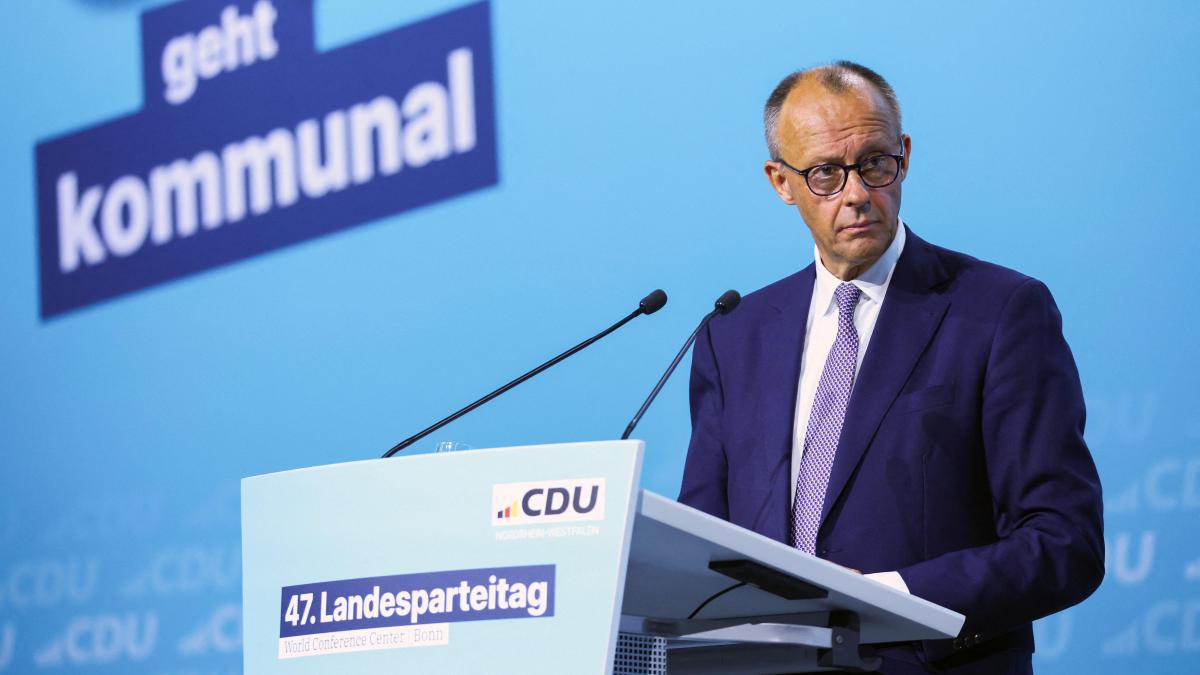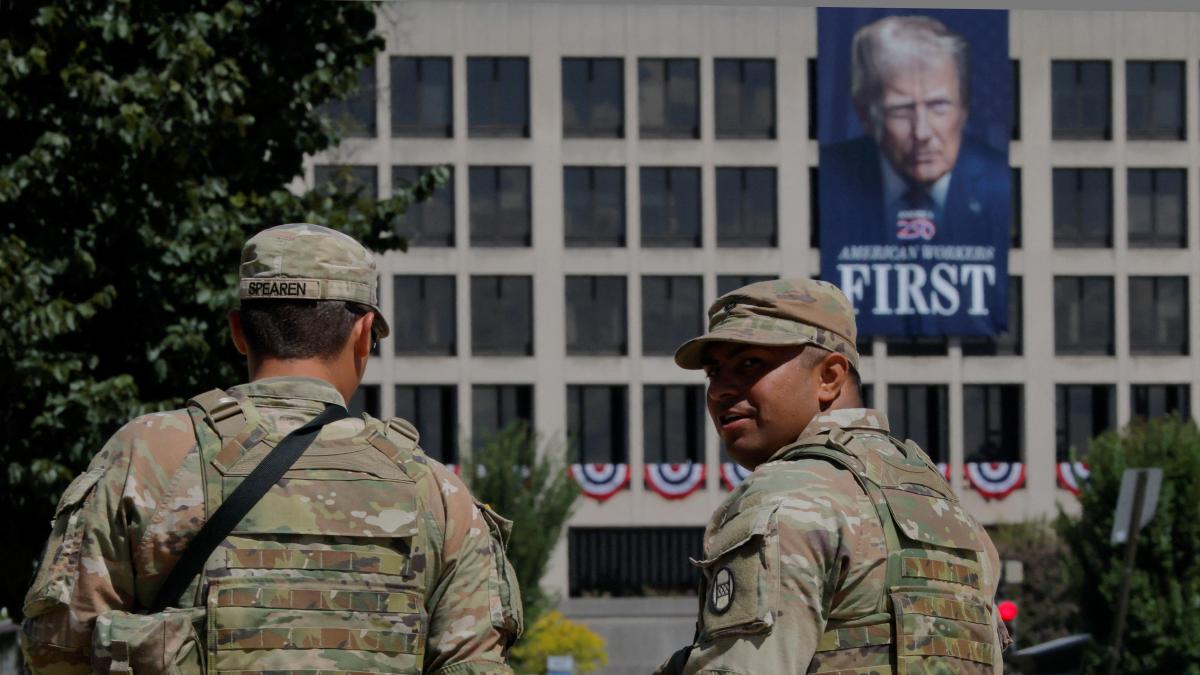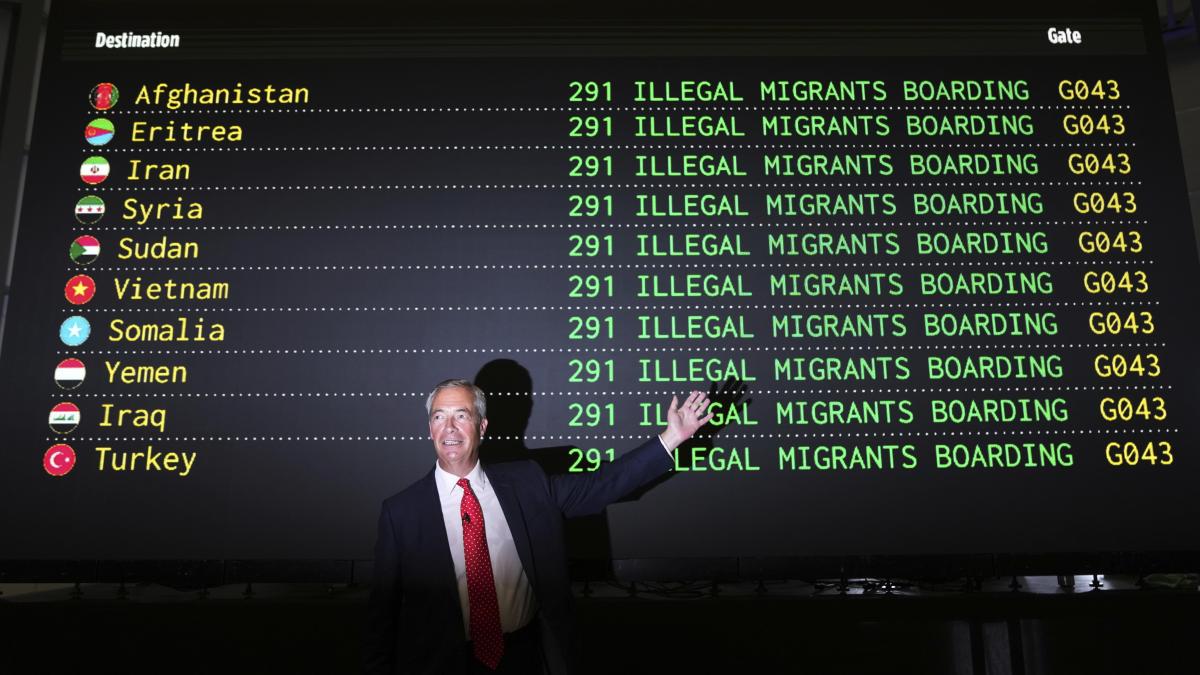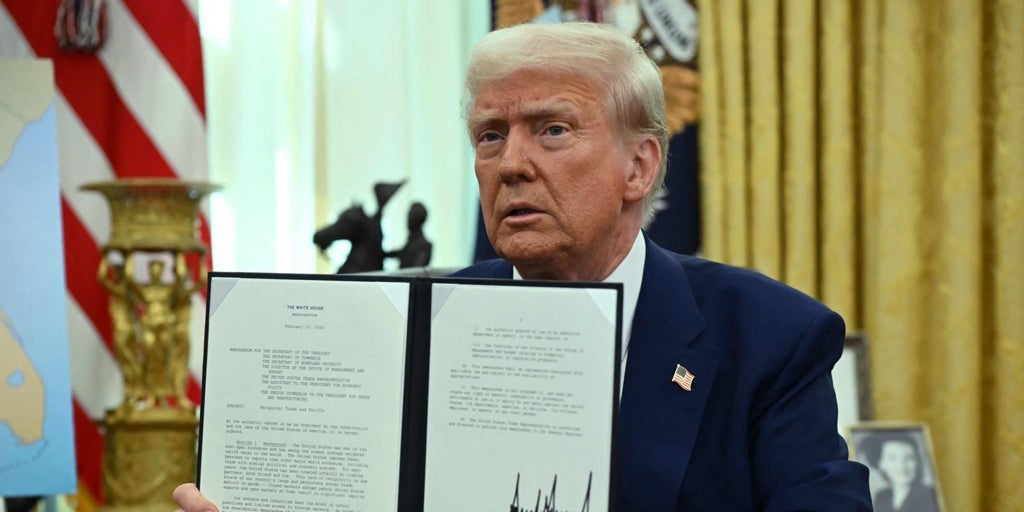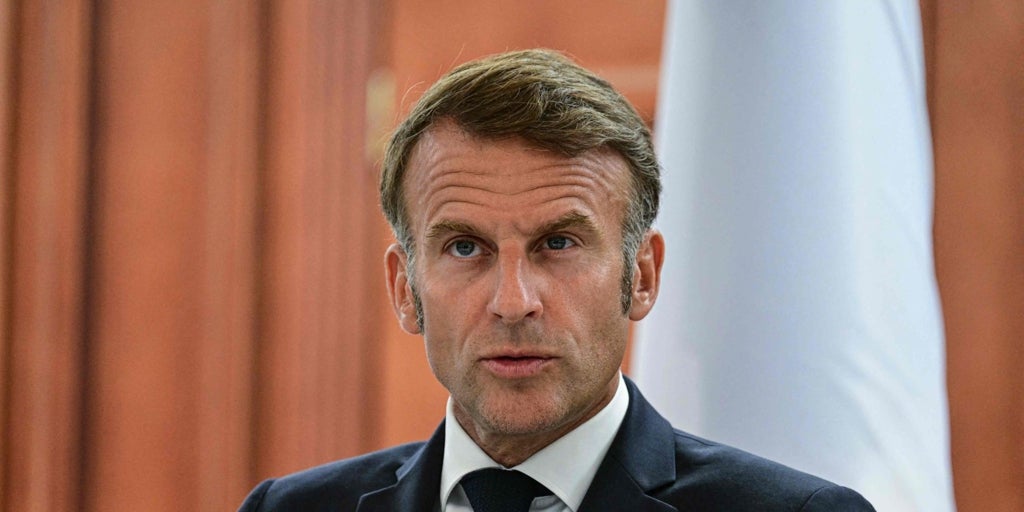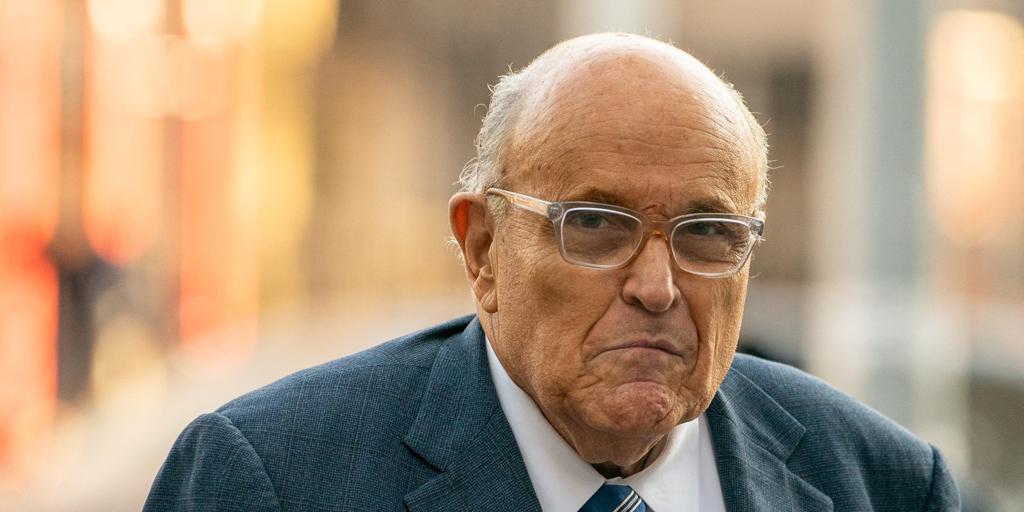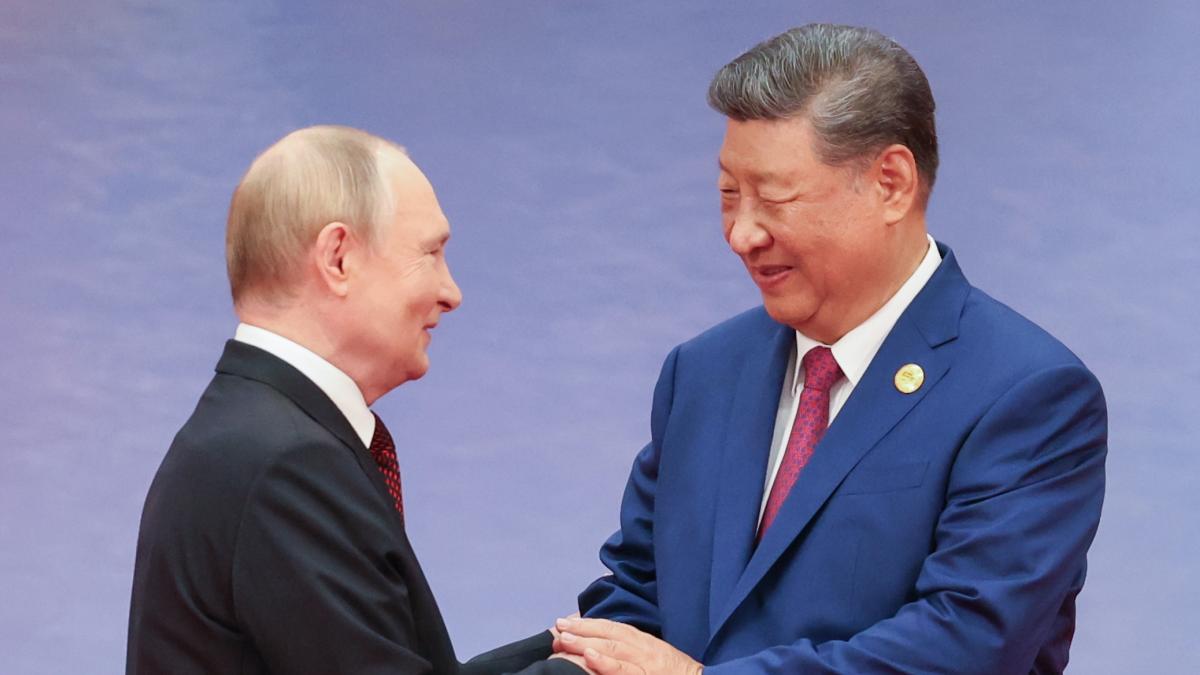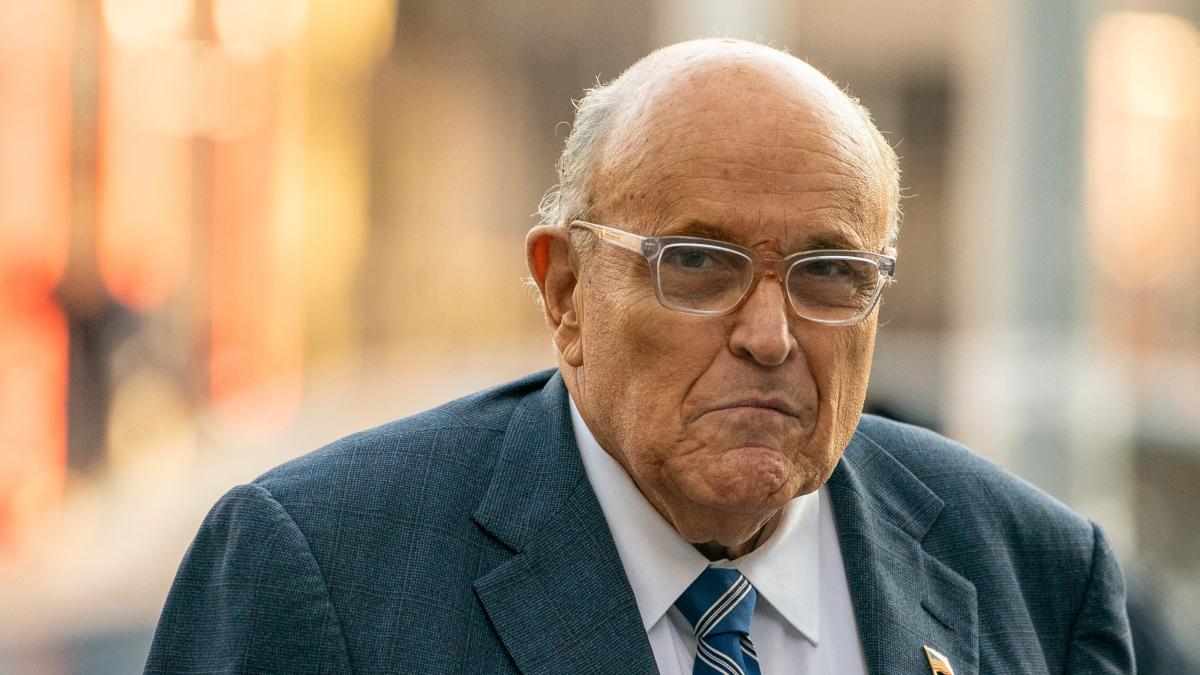Trump Chooses Howard Lutnick, One of His Major Contributors, as Commerce Secretary
The president-elect of the United States, Donald Trump, has set the political stage ablaze with his recent choice of Howard Lutnick, CEO of the financial powerhouse Cantor Fitzgerald, as the new Secretary of Commerce. This decision, revealed by Axios and corroborated by multiple mainstream media sources, knits together a web of personal ties and significant monetary contributions. Not only is Lutnick among Trump’s most generous donors, but he is also a steadfast ally who has previously graced the set of Trump’s Celebrity Apprentice. Presently, he fulfills the role of co-chair of Trump’s transition team, where he has been instrumental in shaping the cabinet’s composition.
At 63 years old, Lutnick was initially floated as a candidate for the coveted Secretary of the Treasury position. Nonetheless, after substantial public endorsement from influential figures like Elon Musk, who posited that Lutnick would embody genuine change as opposed to Scott Bessent, the eventual frontrunner, Trump ultimately opted to place him in a role perceived as secondary within the cabinet. Insiders suggest this may underplay Lutnick’s qualifications as he prepares to take on the Department of Commerce.
Lutnick Will Champion Trump’s Tariff Strategy
During the tumultuous election campaign, Lutnick ardently supported Trump’s economic agenda, particularly championing a controversial global tariff plan aimed at reshaping international trade relations. The plan proposed staggering tariffs of up to 20% on various imports, with rates spiking to 60% and even 200% for products imported from China, notably vehicles. In an eye-opening interview with CNBC, he articulated tariffs as vital “negotiation tools” for engaging foreign markets, siding with a powerful narrative of protecting American manufacturing.
Lutnick’s economic philosophy extends beyond mere tariff implementation; he seeks to slash corporate regulations and advocates for a dramatic reduction in the corporate tax rate from 21% — lowered from a previous 35% in Trump’s first term — to an appealing 15%. His aggressive stance caters to an economic environment where profitability is king, even amid rising concerns over potential economic inequality.
Moreover, Lutnick stands out as a major proponent of the burgeoning cryptocurrency sector — a spotlight moment for Trump during his campaign — vowing to position the United States as the “crypto capital of the planet”. The cryptocurrency market has surged, with Bitcoin experiencing an impressive 37% growth since Trump’s electoral victory, indicating a burgeoning interest in digital assets.
Unlike some of Trump’s other contentious appointments, Lutnick’s confirmation appears to sail smoothly through the Senate due to a Republican majority. Once officially appointed, he will preside over various sectors, including the International Trade Administration and the Office of Industry and Security, pivotal bodies for managing tariffs and protecting sensitive technologies paramount to national security.
Howard Lutnick’s impressive career trajectory began upon entering Cantor Fitzgerald in 1983 after graduating with an economics degree from Haverford College. The firm gained notoriety during the 9/11 attacks when it suffered tremendous losses, with 658 of its workers perishing that day. Lutnick, miraculously absent from the office, persevered to rebuild the company into one boasting 13,000 employees today.
Interestingly enough, Lutnick’s political affiliations are complex; a registered Democrat for years, he financially supported both Hillary Clinton and Donald Trump during their respective 2016 political campaigns. Yet it was only in the lead-up to the 2020 elections that Lutnick emerged as a considerable donor to Trump’s campaign, culminating in his pivotal role on the transition team. At one of Trump’s rallying cries at Madison Square Garden, Lutnick confidently declared, “Donald Trump is going to form the best team that has ever entered the government, and we are going to balance our budget.” This suggests a passionate commitment to Trump’s financial vision despite the controversies surrounding it.
In summary, Lutnick’s appointment symbolizes the intertwining of wealth, loyalty, and political ambition, echoing through the halls of the forthcoming Trump administration. As we wait for the official announcement, the ramifications of this decision will undoubtedly model the administration’s aggressive posture on trade, tariffs, and economic reforms that could redefine the American economic landscape for years to come.


